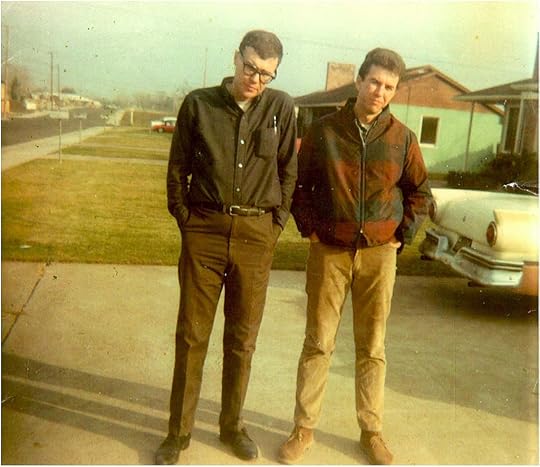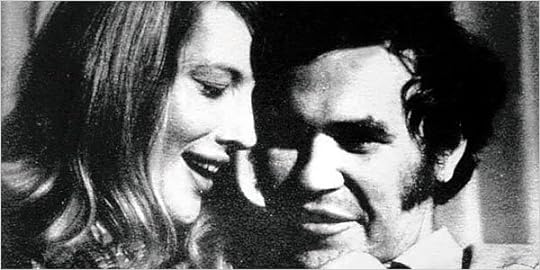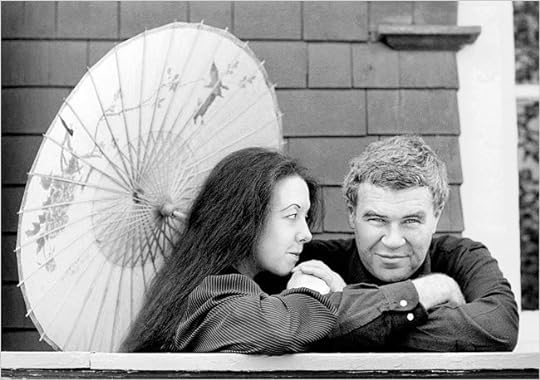What do you think?
Rate this book


208 pages, Paperback
First published January 1, 1977







Bukowski this is the life I say
it's good to be poor it's good to have hemorrhoids
it's good to be in love
But you don't know what it's like
You don't know what it's like to be in love
If you could see her you'd know what I mean